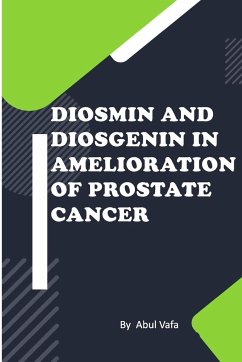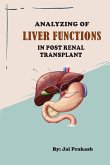Cancer arises from a heterogeneous group of disorders that can be described by the existence of abnormal responses of cell division. So, cancer cells divide swiftly and constantly, farming tumors that throng out normal cells and ultimately deprive healthy issues of nutrients. These cancer cells slowly lose their normal shape and boundaries, forming a tanner. When tumor cells are localized, called benign tumors but when these cells penetrate other tissues of the body, called malignant. In the case of an advanced tumor, these cells can disperse from the local tissues and spread to distant places in the body, where these tumor cells could take up the house and advance into new tumors establishing secondary tumors that could be metastasis. Prostate cancer (PCa) is the most diagnosed non-cutaneous cancer and is the second "leading cause of cancer-related deaths in men in most western industrialized countries. PCa is also emerging cancer in Asia as well as in India. The Indian Council of Medical Research-National Center for Disease Informatics and Research (ICMR-NCDIR) based The National Cancer Registry Program (NCRP) 2020 suggest that major cities show emerging trends of PCa Dellu, Kolkata, Pune, Kollam were the top 24 leading PCa cases, Mumbai, Bangalore, Patiala were the 3 leading PCa reporting cities respectively. The incidence of the disease has increased recently, in part due to widespread screening for prostate-specific antigen (PSA), which allows early detection of humors that might otherwise remain undetected.







